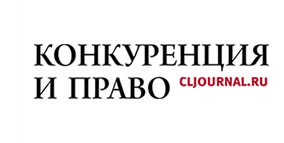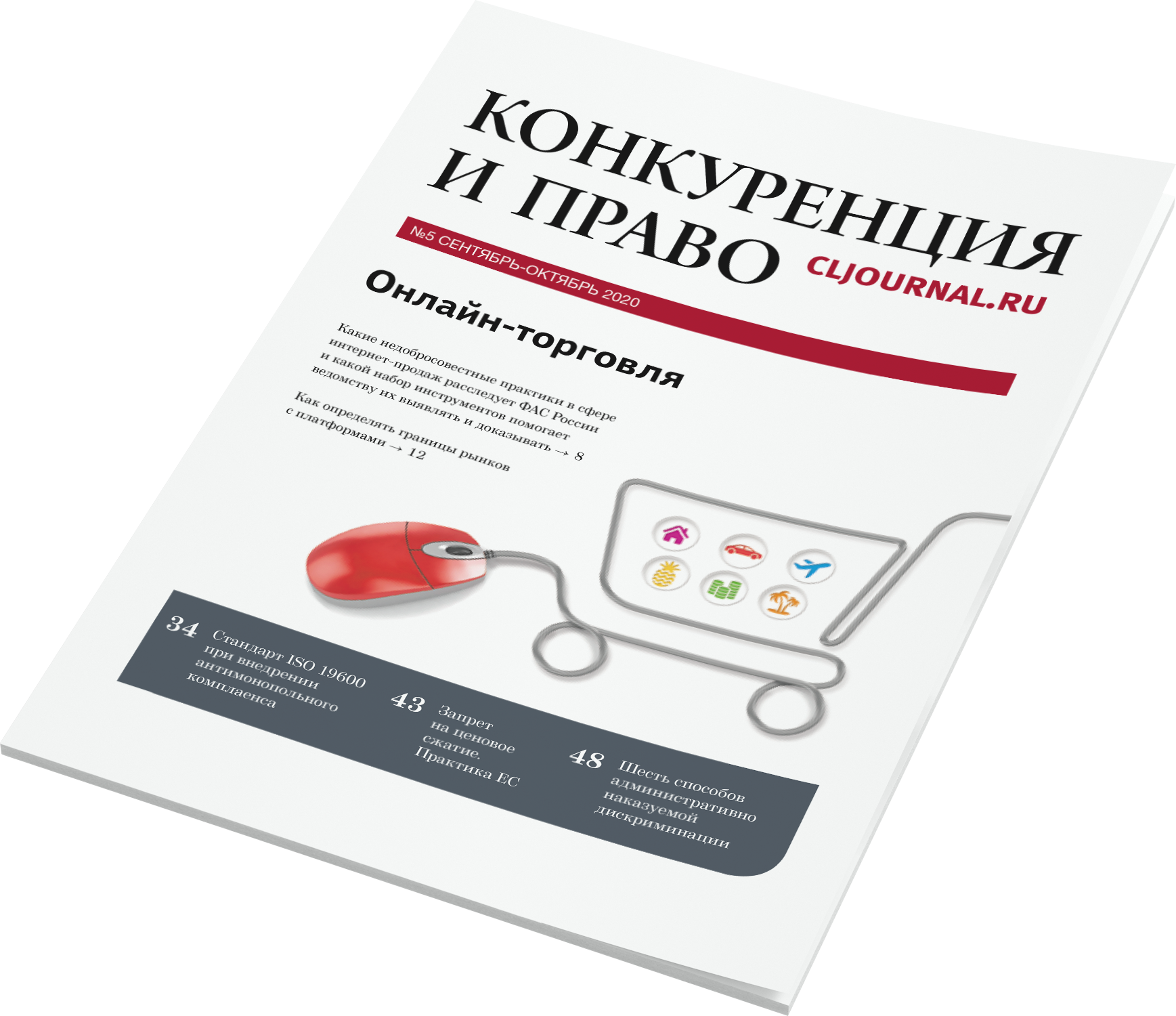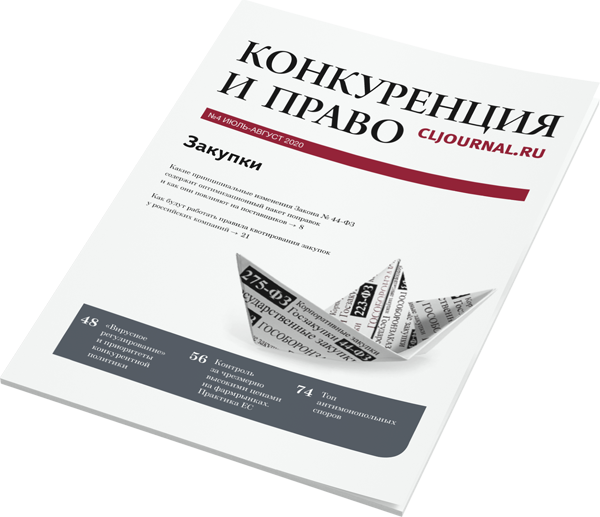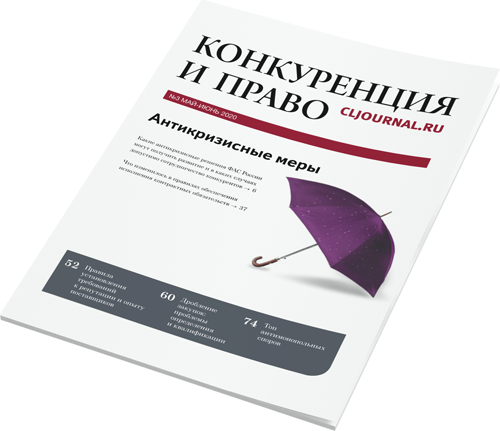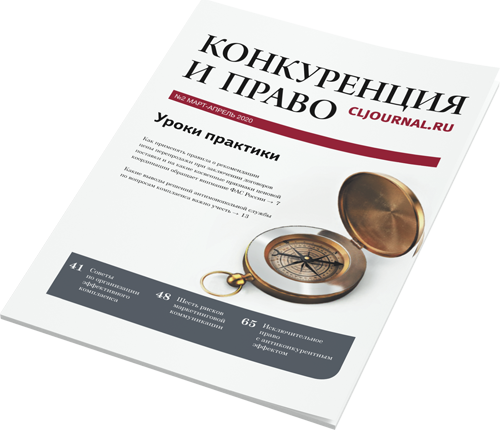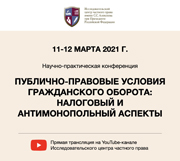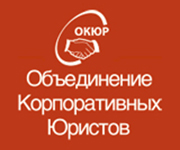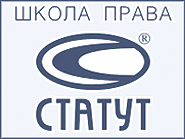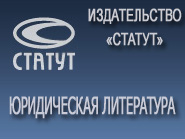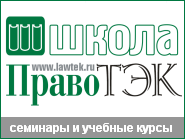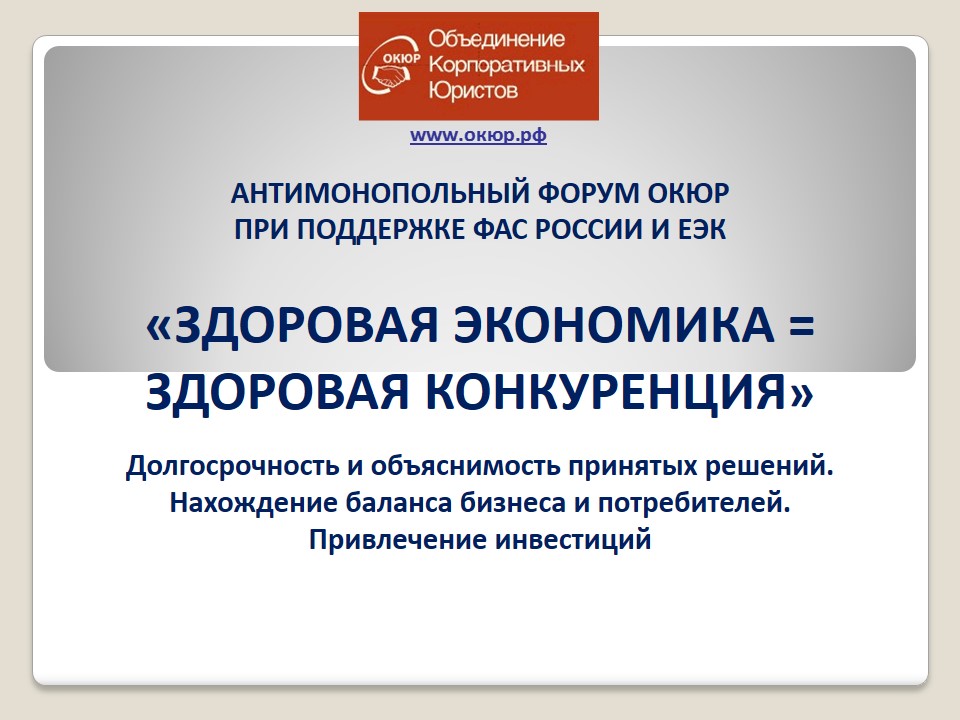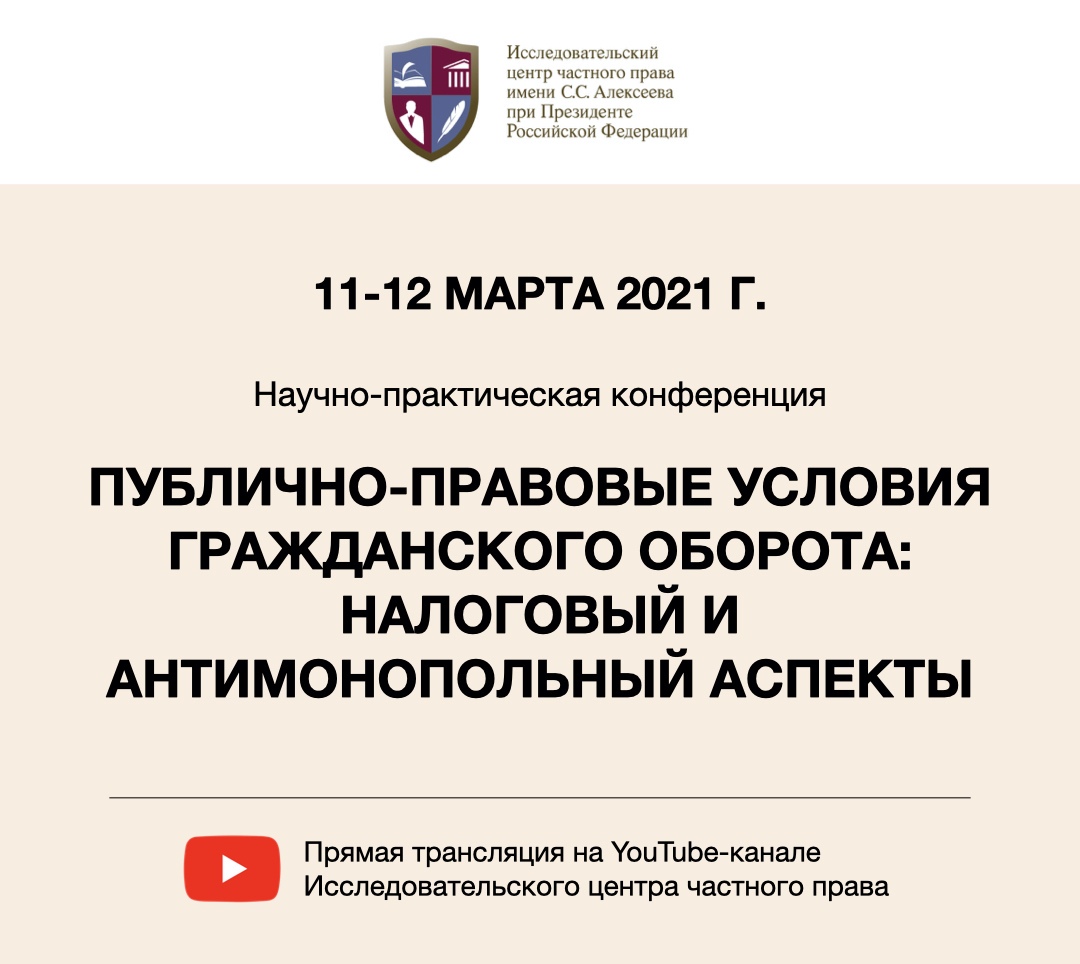|
||||||
 In the conditions of the crisis, the state
authorities are developing protectionist measures to amend statutory regulation
in the area of state and municipal procurement and of procurement by specific
types of legal entities, with a view to targeting the customers’ activity in
carrying out the procurement of mostly domestic products on a permanent basis.
The Russian Government has submitted to the State Duma two draft laws:
We advise of the key new developments and implications for the market in the event the draft laws are adopted.
The changes in the powers of the Russian Government: with respect to establishing quotas for procurementWith a view to ensuring national security, the Russian Government determines in the overall annual procurement volume a minimum share of the procurement of goods manufactured in the Eurasian Economic Union (the “EAEU”) to be carried out by state and municipal purchasers of goods (work, services) as well as by legal entities. The list of goods (work, services) to which the provision regarding the assignment of quotas will apply will also be approved by the Russian Government. Draft statutory provisions on the procedure for assigning quotas for the procurement of Russian goods are being developed. The resolutions being drafted take into account the capabilities of Russian industry and the specifics of each sector. According to the representatives of the Russian Ministry of Economic Development, sector-specific quotas should not entail an overstatement of prices and supplies of inferior goods. According to the relevant representatives, it is further proposed to set a mandatory share for the procurement of high-technology goods, including radio-electronic products, software as well as engineering and healthcare products, since stimulating the specified sectors increases the technological stability of the entire economy. The provisions of the Draft Laws are aimed at supporting the Russian producers of goods, including as part of the diversification of military and industrial enterprises, in terms of stimulating the manufacturing of high-technology civil products. The amendments to Laws No. 44-FZ and No. 223-FZ in a similar way provide for the powers of the Russian Government to determine:
In addition, the Draft Law to Law No. 44-FZ includes in the list of the Russian Government’s powers the ability to determine:
The procedure for and the specifics of carrying out procurement with a view to the customer achieving the minimum share of procurementThe Draft Law to Law No. 44-FZ established the procedure for the state and municipal customers to comply with the minimum share of procurement and the specifics of determining the initial (maximum) contract price, the price of a contract concluded with a single supplier (contractor, service provider), the initial price of an item of goods, work or a service based on the specified characteristics of the goods produced in a EAEU member state. The same Draft Law introduces an article regarding the specifics of carrying out procurement for the customer to achieve the minimum share of procurement. With a view to performing the obligation to carry out the procurement of goods taking into account the relevant requirements of the Russian Government, the customer:
If no procurement application with goods (work, services) from EAEU member states is submitted, the customer will have to recognise that the procurement has failed and, if needed, amend the project schedule and either select the supplier once again, or carry out another procurement procedure. A procurement of foreign goods and services will only be allowed if, following the extension of the deadline for filing procurement applications, once more no applications with Russian goods and services are submitted. At the end of the year the customer should prepare a report on the volume of goods procured and place such report in the UIS before 1 April of the year following the reporting year. If, at the end of the year, the volume of goods (work, services) procured from EAEU member states is not in line with the minimum share of procurement, the customer must place in the UIS a substantiation that the customer is unable to achieve the minimum share of procurement. Therefore, the customer will have to annually comply with the minimum share of procurement established for it. If the customer fails to comply with this requirement, it will have to report the reasons for this. The proposed amendments will extend the procurement procedure and complicate the procurement of goods manufactured abroad. Both Russian and foreign market participants should take this into account when planning their activity in Russia.
What to think about and what to doWe recommend that companies should: 1. Follow up on the measures being taken by the government and the changing regulations to remain good faith participants of the market. 2. In order to avoid violations of antitrust legislation, take account of the potential changes in the regulation when participating in procurement procedures, including when making purchases from a single supplier. 3. Assess the commercial decisions of the company relating to the customer achieving the minimum procurement volume in terms of their being economically justified and compliant with antimonopoly legislation. 4. Pay special attention to how they build commercial relationships with Russian and foreign suppliers when carrying out procurement. 5. Consider taking other measures aimed at reducing risks of antimonopoly violations. 25 июня 2020 г.
|
|

